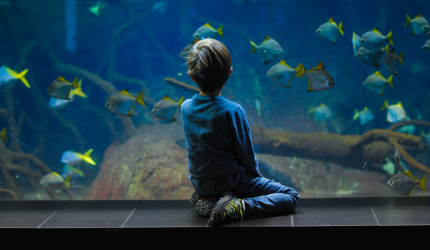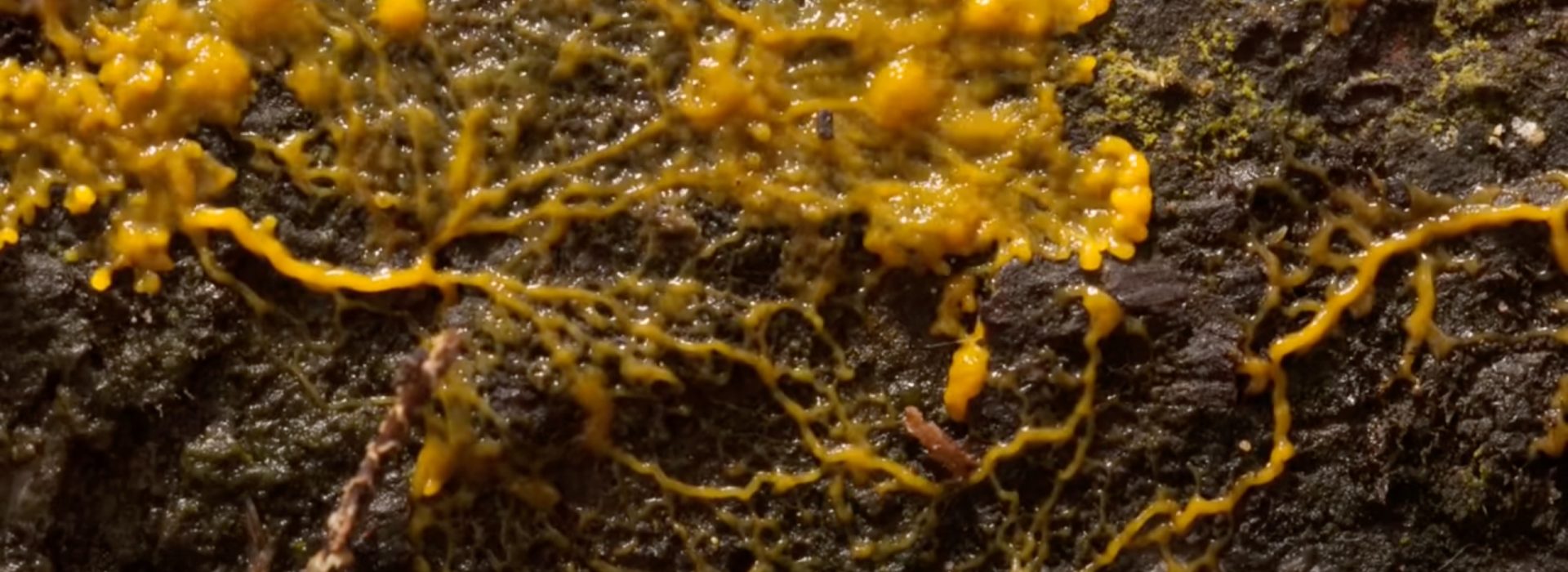

We are also a kind of a “blob”
I recently saw a clip of a bear running on the slope after a skier. I realised that spring was coming, we were coming out of hibernation, and we were sticking our heads, like snowdrops, out of the burrows where we had weaved our stories.
We may be more or less scared, but perhaps we will understand that the man is not the master of nature, that, at least for the time being, our social organisation is far inferior to even an anthill, and that while decisions belong to us, at the same time, they make us responsible.
I don’t know if you have seen the video with the organism called “blob”. The cells that make it up behave like the neurones in our brains. They communicate, decide together and are part of a network of unmanageable complexity, hard for our minds, accustomed to few and fixed ideas, to fathom.
We are a “blob” who optimises his survival and makes decisions, hopefully, informed, resulted from collaboration among its invisible components.
That “blob” has several nodes among which all kinds of connections are continuously built and broken. That is the dynamic of the tremendous complexity that we live but also generate. Each node has a specific task, it targets a different territory and maybe even has a different colour.
From one node, other nodes can start, which are unceasingly formed or decomposed. Dynamism is one of the essential characteristics of the social organism we have created.
You can see below how it works and what is the logic of this “blob”.
Because in CEREHARD there are people with very different structures. Nevertheless, we all want to be allowed to educate our children outside the current bankrupt system.
Each centre that includes Cerehard children, under the Cerehard name or a different one, has its own characteristics. If a family is not compatible with the philosophy of a centre, it can migrate to another one closer to its views.
Some families want structure, schedule, exams. Others do not want any of those. Some families do not even want to join a centre. That is why CEREHARD is EOTAS, Education Other Than At School, a collection of variants from which you can try what suits you the best.
Once again, we ask you to upload, in the children’s folders, everything you think will help us to keep an update on your progress. An activity diary in which both you and your children to write may also be useful to us. You can store up there the joys, the tears, the fears and other gnawing feelings.
As a school, we are planning to participate in the PISA test in 2025. I am convinced that, on that occasion, we will all see that personalised education leads to positive outcomes. The training itself consists of solving everyday problems through projects. Together with the children, study everything that “consumes” them. Their questions represent the starting base: why are the green leaves, what does the dog say when it barks, what is fear, etc.
If you stumble, ask for help. We, trainers, parents, and specialists on various topics, are here, with you and for you.
Go through the educational platforms, the books and the textbooks you like. Just do with your children what you would have enjoyed your parents or grandparents to do with you.
Learning happens through experimentation and making “mistakes”, and also through associations with emotion-inducing stimuli.
If you have not already read this article, I warmly recommend it to you. It helped me a lot when it was published in 2012, the same year I took my children out of standard school.